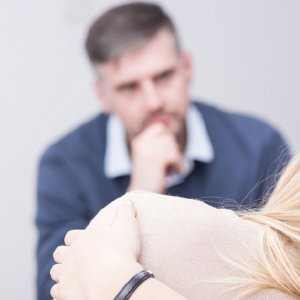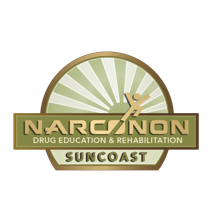Is Addiction Really a Disease?

Here is a question I have been thinking about lately: Is putting the label of disease on addiction productive? It has become very common to refer to drug or alcohol addiction as a disease and while certain aspects of that label might be beneficial for some in recovery, there is another side that I would like to discuss. Labeling addiction as a disease might have a few advantages, but the reality is that equating addiction to a disease such as diabetes does little to provide a solution for a problem that is much more than simply a medical issue.
The truth is calling addiction a disease can negatively shape the way the addict looks at themselves and the way they might approach many problems they come across in life. As the addict goes through their life carrying along the idea that they have had the unfortunate fate of being afflicted with the disease of addiction, this can potentially put a dent in their own personal growth. Some addicts may adopt the viewpoint that because they suffer from the disease of addiction, they are somehow weaker in character than other people or permanently damaged beyond their own control.
If we look at what really happens with addiction, it’s really a series of situations that took place in the addict’s life that caused them to rely on drugs or alcohol as a solution. Instead of learning to deal with whatever problem or situation in a healthy way, the addict chose to use drugs and alcohol as a solution. That choice isn’t as insane as it sounds, unfortunately, drugs appear to work at first. They provide a solution to some painful emotion or personal problem that the addict is either unwilling or unable to solve themselves. Viewed this way, addiction is a lack of ability, a lack of skills to live a life free from drugs and alcohol.
As addiction progresses, the addict loses the ability to chose as the downward spiral of addiction takes hold and physical dependence drives the need for more and more drugs and alcohol. While it may have been a choice at a certain point, drugs and alcohol become a necessity.
Instead of viewing addiction as a disease from which one can never recover and that one is powerless over, the answer lies in returning the ability to chose back to the addict. By teaching them life skills and handling cravings, addicts can regain their ability to choose and exercise power over addiction.
Life is not always predictable and can throw curveballs at an addict at any time, and the disease model doesn’t provide a solution. Following that model, addicts could find themselves in a vulnerable state at any point during their sobriety, blaming a disease and following a faulty pattern of thought. For instance, if someone struggling with substance abuse experiences a huge loss or shock, they might just cave to the idea that they are helpless from using because they are “diseased”—which is where their mindset goes wrong and at which point can put themselves at risk for failure or relapse.
If you want my advice, watch out for the people you care about in recovery and do not let them hide behind a label. Do not let anyone make the mistake of using the label of disease as a crutch to rationalize relapsing. At Narconon, I learned that just because you got caught up in addiction does not mean you have to look at yourself as an addict for life. You can look at it from a different perspective and possibly a more productive one.
The best way an addict in recovery can view themselves and their addiction is by realizing that they have a choice. Every day that goes by that the addict does not pick up and use, they are actively deciding that they do not need to fall victim to their past—that this choice belongs to them. The person in recovery is consciously making the choice to live life sober and free in their own right. Looking at it that way can be refreshing and empowering.
By Daniele P.—Narconon Suncoast Graduate and Contributor


